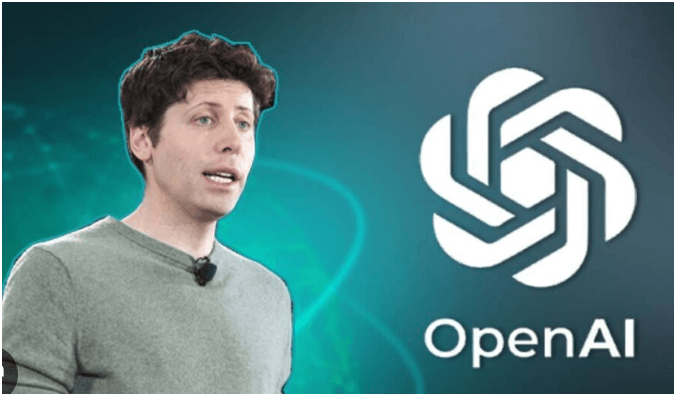Sam Altman, the CEO of OpenAI, has extended an unprecedented invitation to former employees,
Encouraging them to speak openly about their experiences and criticisms of the organization. This remarkable gesture comes amid a broader push for transparency and accountability within the tech industry and signals a significant shift in OpenAI’s approach to handling internal feedback.
OpenAI, founded in 2015 with a mission to ensure that artificial general intelligence (AGI) benefits all of humanity, has undergone significant transformations over the years. From its early days as a research lab focused on cutting-edge AI research to its later expansion into AI development and policy advocacy, the organization has grappled with complex technical, ethical, and organizational challenges.
Sam Altman publicly expressed regret over any past actions or policies that may have caused dissatisfaction among former employees. His statement included an apology and an invitation for these individuals to share their experiences and critiques freely. Sam Altman emphasized that OpenAI is committed to learning from past mistakes and improving its organizational culture and practices.
Throughout its journey, OpenAI has garnered both praise and criticism from various stakeholders, including the AI research community, policymakers, and the public. Questions surrounding the organization’s funding sources, decision-making processes, and commitment to its founding principles have fueled debates about its role in shaping the future of AI.
In a candid statement released on May 26, 2024, Sam Altman acknowledged past shortcomings and expressed a commitment to fostering a culture of transparency and accountability within OpenAI. He stated:
“We recognize that we haven’t always gotten it right. As we continue to navigate the complexities of AI development and deployment, it’s crucial that we learn from our mistakes and strive to do better. To that end, I want to extend an invitation to all former employees of OpenAI: we want to hear from you. Your experiences, perspectives, and criticisms are invaluable to our growth as an organization. We’re sorry for any past grievances or shortcomings, and we’re committed to creating a culture where feedback is welcomed and acted upon.”
Sam Altman statement has sparked a range of reactions within the tech community and beyond. Some have praised the move as a step in the right direction, applauding OpenAI’s willingness to confront its past and engage in constructive dialogue with former employees. Others have expressed skepticism, questioning the sincerity of the gesture and calling for concrete actions to address systemic issues within the organization.
The invitation to former employees to speak freely about their experiences raises important questions about workplace culture, diversity, equity, and inclusion within OpenAI. It also highlights the broader challenges facing tech companies in fostering environments that prioritize ethical decision-making, employee well-being, and societal impact.
As OpenAI continues to navigate the complexities of AI development and governance, Sam Altman statement serves as a call to action for the organization to reaffirm its commitment to its core values of transparency, collaboration, and ethical stewardship. Moving forward, the organization must demonstrate a genuine willingness to listen to feedback, address concerns, and enact meaningful changes that uphold the principles of responsible AI development.
The journey towards building transformative AI technologies that benefit society as a whole is fraught with challenges and uncertainties. By fostering a culture of openness and accountability, OpenAI can position itself as a leader in the responsible development and deployment of AI, setting a precedent for other organizations in the field to follow.
Sam Altman’s invitation to former employees to freely speak against OpenAI represents a significant moment in the organization’s evolution. It signals a renewed commitment to transparency, accountability, and continuous improvement, as OpenAI grapples with the complexities of navigating the ethical and societal implications of AI. As the organization seeks to learn from its past and chart a course for the future, the voices of its former employees will play a crucial role in shaping its trajectory.
Stay informed with the latest updates-click here
